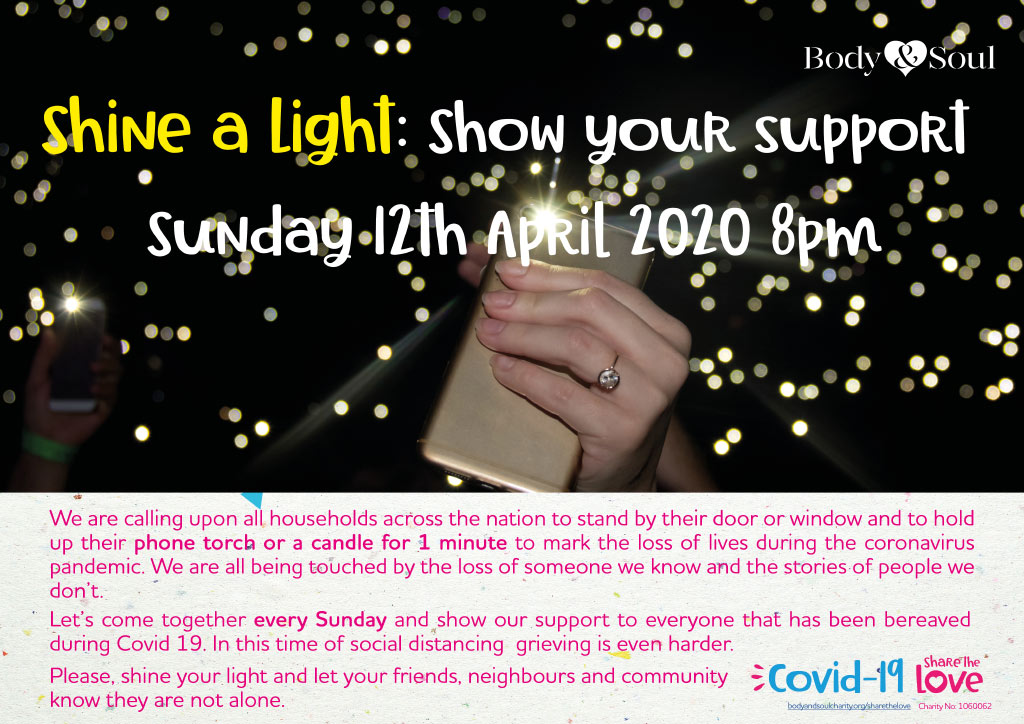Our Approach
Body and Soul is built on love, kindness and a desire to understand one another. From the beginning, we created a ‘healing community’, inviting our members into an environment where everyone is keen to find out what happened to you before you met us, and what is going on in your life right now. This tenacious attention to the nuance of individual circumstances is the foundation of a genuinely systemic, whole-person approach to health and wellbeing. In dynamic dialogue with our members, we identify the most difficult aspects of their lives right now and take any immediate steps we can to resolve them, while also nurturing the practical, social and psychological factors that will protect them in the future.
Members have access to a wide range of resources, including one-to-one activities like psychotherapy or legal advice, but also a rich and diverse programme of lectures, workshops and discussion groups, each planned thoughtfully based on latest research, member feedback and advice from a range of clinical experts.
The rigorous scientific basis for our work means we now have a 21-year track record of making a demonstrable positive difference in many thousands of lives, lending remarkable empirical support for our founding philosophy: no matter when you come to us or how trauma and adversity have affected your life, you can change, heal and grow.
Our Impact Areas
Adverse Childhood Experiences disrupts normal physical, neurodevelopmental, cognitive, behavioural and social processes, and can lead to poor long-term outcomes. Body & Soul directly addresses these areas in order to improve the long-term wellbeing, connectivity, and productivity of people of all ages who have by disproportionately impacted by adverse childhood trauma.
In order to achieve wellness and resilience, we address 6 primary impact areas shown here:
Whole Person Approach
When people register with us, they become members of Body & Soul, a community founded on curiosity about the individual – a desire to understand what has happened to you in the past, what is going on for you now, and what are your hopes, dreams and ambitions. We have always worked longitudinally, from a whole-person systemic perspective, explicitly setting out to understand the rich nuance of every person who comes through the door, including the wider framework of needs, responsibilities and expectations they have to negotiate every day.
While it is intrinsically empowering to feel part of a broader community, we have also always offered an environment that maximises the a feeling of respect and minimises factors that could trigger difficult emotions and memories. Staff are trained to speak and move with thoughtfulness, to operate within a strengths model of care, while the building we work within is designed to be as soothing as it is enthusing for people of all ages. This entire ‘healing’ context ensures we can impact people’s lives, while reinforcing the therapeutic impact of any more specific interventions we make.
We are committed to a positive future for all our members, no matter when they get to us or the nature of their difficult experiences – so we provide resources for long-term change and fulfilment and clear-out any roadblocks along the way:
- The ‘programmes’ – or empowering our members and building long-term resilience. Programmes are divided into age appropriate sessions where members have the opportunity to participate in structured peer and professional support. There is a constantly refreshing choice of co-produced creative, physical, therapeutic and educational workshops and courses. Each activity is designed to create as much change as possible in one or more of our impact areas. And, just to be clear, we don’t do passive ‘childcare’ here; the same meticulous planning goes into programmes for our very littlest members as for everyone else, with plenty of fun too!
- The ‘services’ – or removing obstacles to success. Our members have access to a full range of ongoing practical and emotional support outside of the programmes, including a range of talking and complementary therapies, social work services (for concerns around housing, employment etc) and legal advice/casework on more complex matters from a panel of pro bono solicitors. We believe in a collaborative model of working and are in close and routine contact with other professionals and agencies on behalf of our members. Additionally, we reach out to members we haven’t heard from so we can disrupt the vicious feedback loop of depression and isolation. Some members also become peer mentors and work on the programmes or in telephone outreach, transforming their own lived experience of trauma and adversity into a powerful tool for helping our community.
- A family approach. A feeling of community or social connectedness can be highly protective when our lives become challenging. While some behaviours would preclude us working with other members of a family, if the unit is sufficiently safe, then it is also the environment where we form some of our strongest relationships. That is why, alongside our focus on members as individuals, we have always worked with whole families together (in whatever form that takes for our members). Family therapy is available to help unstick some of these most formative relationships, meanwhile facilitating maximal coordination in the support we’re providing to individuals within the family unit.
All of our activities, policies and practices are motivated by and understood within a virtuous circle of research and development: our Impact Strategy lays out the theoretical basis for the kinds of change we aim to make in our members’ lives; programme leads then work with members and clinical experts to devise achievable relevant outcomes and plan activities to meet them; we monitor and evaluate all our activities and services using a range of standardised quantitative and qualitative methodologies; and then we feed the results back into our training, policies and working practices, but also into our programme planning, constantly adapting what we do so we can keep members enthused, address new identified needs and contribute to the clinical debate with new empirical information.















